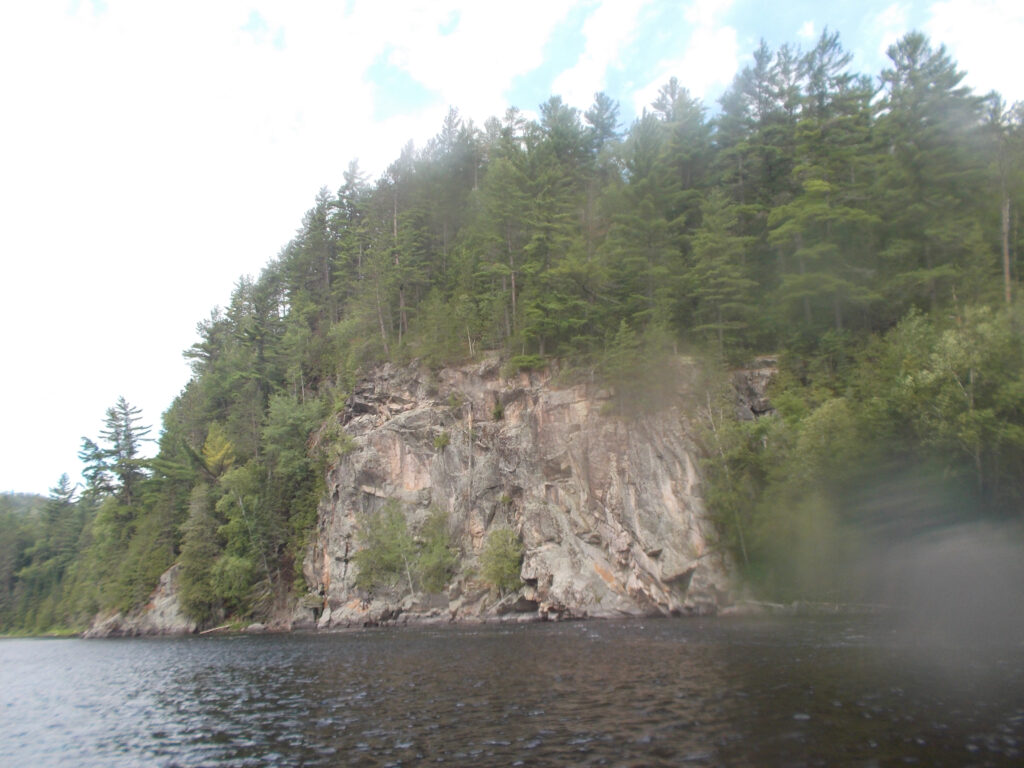It’s a Canada Day like no other before. Communities from coast to coast to coast, from mountains to prairies to forests, are cancelling fireworks and other festivities, in recognition of the pain and sorrow wrought by the discoveries of over a thousand unmarked graves of Indigenous children at residential schools. Schools these children were forced to attend, by Canadian law. Law enforced harshly.
The cancellations have provoked howls of outrage from the predictable quarters. “Canada is still a place to celebrate!”
They have a point. Both sides.
Why don’t we fix this?
I’m 60 years old. And since I can remember, there have been certain problems in Canada that have been the subject of conversation, controversy and political debate.
The situation of Indigenous peoples in Canada—First Nations, Inuit and Métis—has been difficult, fraught and downright unfair for, well, much longer than I’ve been alive.
Conditions of life in most Indigenous communities would appal any middle-class white Canadian (or American). Many communities have had to boil their tap water for decades. And while the federal government has made a lot of progress in cleaning that up over the last five years, there is still much to be done.
Indigenous living standards are far below non-Indigenous Canadians’. Indigenous education is funded at half that of non-Indigenous.
Indigenous health standards are also far, far behind those of “mainstream,” read “white,” Canadians’. Indigenous and other marginalized communities face higher unemployment, reduced life expectancy, lower education outcomes and far higher incarceration rates.
If we really wanted to fix any of these problems, it seems to me that 60 years would be enough time to do so.
So what haven’t we?
Because money.
Because marginalizing and impoverishing Indigenous communities makes resource extraction simpler and more profitable.
Because funding Indigenous communities at the same level as non-Indigenous would cost more money, and the corporate class is afraid that money would diminish their profits. Indirectly, of course, because it would be the middle- and working classes that pay for it, but still…then we’ll have less money to spend on stuff that corporations sell.
True north, strong and free?
Canada has an international reputation as a free, democratic and peaceful nation. One of the best to live in, according to the U.N.
From observation, I have to agree. As long as you’re a white, middle-class person. And it really helps if you’re cis-male.
For Indigenous, Black and other visible minorities; women and non-cis-male people; generally, anyone who doesn’t conform to that old-fashioned ideal, life in Canada is often far from peaceful, prosperous and free.
But still, there is much to celebrate.
There is much that is wonderful about living in this country.
The beauty of the country (although threatened by commercial development, urban sprawl, pollution, a warming climate, wildlife species collapse and more). Diversity (although without real equity). Peace (except as noted above). Democracy (limited, constrained, dominated by too few rich families).
Above all, hope.
Hope that we can find the will to address the problems and push the leaders, who work for us, let’s not forget, to implement the solutions we can plainly see in front of us.
For example, the Ahmadiyya Muslim Jama`at Canada, a Muslim organization, will spend this Canada Day in a prayer event at the Baitun Naseer Mosque in Cumberland, Ontario, just outside my home town of Ottawa.
It’s a good acknowledgement, and I think we should all acknowedge the pain and injustice suffered in the name of “Canada.” Not just through prayer, but action, too. Whatever works for you.
Celebrate what’s good. Mourn what’s sad. Change what’s wrong.
Maybe that can be the mood for Canada Day.


